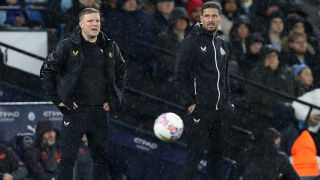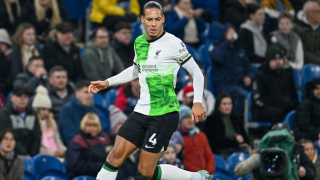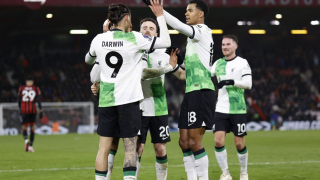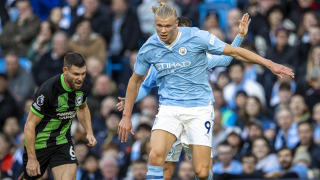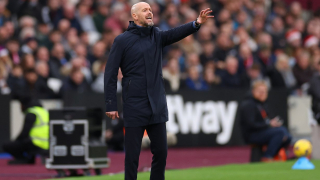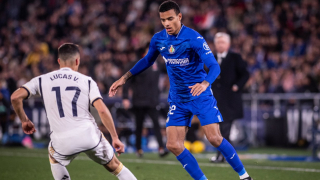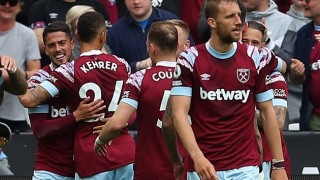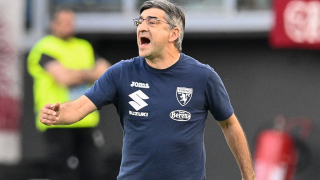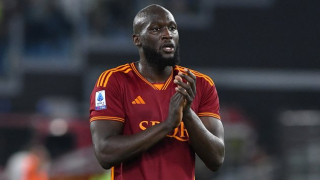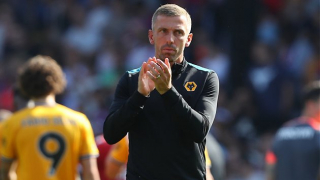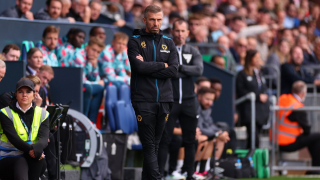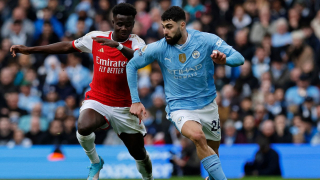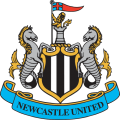COMMENT: In the end sanity - and a little self-interest - prevailed. The Premier League's attempt to stop the movement of players within a club's network was shot down. Though the final vote was hardly overwhelming...
Eight clubs were enough to block the motion, with a majority of 14 needing to vote on one side to have such laws changed. For now. For the January market. Those clubs with multi-team networks can still sign within their pyramid players on-loan.
As they should. The entire attempt made little sense. And passing such a law - midseason - certainly would raise more doubt about the integrity of the competition than any deal struck between Newcastle and a PIF-owned Saudi Pro League club.
Of course Ruben Neves was the poster boy for all this. Outstanding so far Al-Hilal, the former Wolves captain has been mentioned as a loan option for Newcastle. With Sandro Tonali now banned for ten months after betting on games while an AC Milan player, Newcastle see Neves as a potential stop-gap. As do Arsenal. And as such, if things had gone the Prem's way, you'd have had the ridiculous situation of Newcastle being blocked from signing the Portugal midfielder, yet he being cleared to join Arsenal. Where does that scenario fit in terms of the League's integrity?
Further, what about the player? Doesn't he get a say in this? Stopped by the League from choosing one club over the other? Again, the whole attempt has been poorly thought out. Indeed, in terms of Neves, you can argue it's all hypothetical at the moment. It's difficult to see Al-Hilal - and particularly coach Jorge Jesus - stepping back and approving such a move. With a replacement for Neymar needing to be found in January, Jorge Jesus won't want to lose his countryman as well. Given the investment, those behind Al-Hilal - beyond the cash backing of PIF - have no plans to play nursemaid to anyone.
But the motivations behind the 'rebel eight', as they've been dubbed, goes beyond the instant hit of a senior January signing. This motion runs against a key plank in the building of such multi-club networks.
Among their strong-points is the work done below senior level. So many of these clubs sitting at the top of their pyramid will bring in young players from their network to train and play inside the academy. They'll take them on a temporary deal. Register them with an underage team. And give the lad a taste of football and pro experience at a higher level. It's all part of the development process. Whether it benefits the Premier League club in question is debatable, but it does accelerate the individual player's game.
For this column, as we've stated in the past, we're still skeptical about the benefits these multi-team networks hold for the apex club - particularly those who are Champions League regulars. The step up to a Manchester City, Arsenal or Chelsea (yes, even today's Chelsea) is still proving one too far for the talent within their respective networks.
Even at Girona, where Yan Couto and Savinho have done so well for the LaLiga leaders, there's no player on their books capable of enhancing City's XI. Yes, Savinho - who is contracted to another City Football Group club in Troyes - has been mentioned as a potential City player. But that's all it is, potential. Talk of the Brazilian cutting short his loan and joining City in January is fanciful. City have poured so much into this network. The science behind the development process so exact. It'd make no sense to drag a 19 year-old Brazilian away after just six months of a LaLiga stint for the chance to sit on the bench at City. And that's not to mention how it would go down with the locals - which is another aspect of these networks worth examining.
But for those clubs below the likes of City and Arsenal, these partnerships do bear fruit. Brighton, Union SG and Kaoru Mitoma. Nottingham Forest, Olympiakos and the 11 deals between them. At that level, it can work. Indeed, it does work. Which again raises the question about how slapdash this original motion by the Premier League was.
For Brighton. For Forest. Putting together these networks has made these clubs stronger. More competitive. And in doing so have further lifted the standard of the Premier League. It's fortunate that this week, sanity - and a little self-interest - prevailed.

